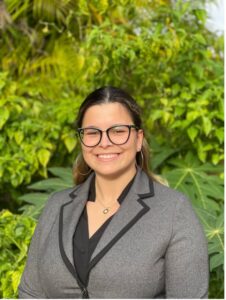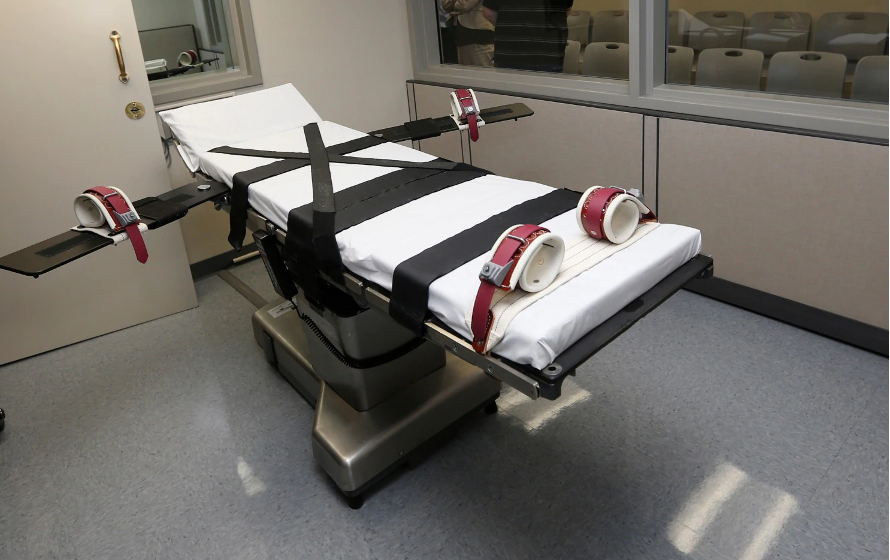 The Religious Land Use and Institutionalized Persons Act (RLUIPA) of 2000, provides that no substantial burden can be imposes on the religious exercise of a person, including state prisoners, unless the imposed burden is in furtherance of a compelling governmental interest and is the least restrictive means of furthering that compelling governmental interest. However, RLUIPA only protects a prisoner’s requested accommodation when it is sincerely based on a religious belief and not some other motivation.
The Religious Land Use and Institutionalized Persons Act (RLUIPA) of 2000, provides that no substantial burden can be imposes on the religious exercise of a person, including state prisoners, unless the imposed burden is in furtherance of a compelling governmental interest and is the least restrictive means of furthering that compelling governmental interest. However, RLUIPA only protects a prisoner’s requested accommodation when it is sincerely based on a religious belief and not some other motivation.
In a recent Supreme Court decision, Ramirez v. Collier Executive Director, Texas Department of Criminal Justice, et al., the court determined whether Ramirez’s execution should be halted until his requests for his execution were considered. Ramirez wanted his pastor to come inside the execution room with him, lay hands on him, and pray over him. The Court considered similar cases in 2020 and 2021, holding that executions could not proceed unless the inmates’ spiritual advisors were allowed to be present. The Ramiez case differs in that Ramirez requested his pastor’s physical touch.
Texas claimed two compelling interests in denying Ramirez’s request for his pastor to pray with him: (1) that absolute silence was necessary in order for proper monitoring of the inmate’s condition and (2) that the spiritual advisor could choose to make a statement to the witnesses or the personnel in the execution room, instead of to the inmate. Although the justices recognized that these interests were compelling, the majority was not persuaded that the state’s policy was the least restrictive means of protecting these interests. The court went through the long history of having audible prayer at a prisoner’s execution, making note of the fact that religious advisors were allowed to speak or pray audibly during at least six federal executions between 2020-2021. The court further recognized some lesser restrictions on audible prayer that could be adopted in furtherance of the state’s claimed interests, such as limiting the volume of prayer or requiring silence during certain moments of the process.
The state asserted three interests in banning religious touch in the execution chamber: (1) the spiritual advisor would be placed in harm’s way in the event that the inmate escapes or biomes violent, (2) the spiritual advisor might interfere with an IV line and cause more suffering to the inmate in their final moments, and (3) the victim’s family would be traumatized because their loved one did not receive the same. Again, the Court acknowledged the validity of maintaining safety and decorum in the chamber as a compelling governmental interest. But, the Court made notice of Texas’s policy of allowing spiritual advisors to be three feet from the gurney and failed to see how allowing the advisor to simply reach out their hand to touch the inmate would increase any risk of danger.
Because the state failed to meet its burden, the Court determined that it was likely that Ramirez would succeed in an RLUIPA claim and remanded the case.
Links

